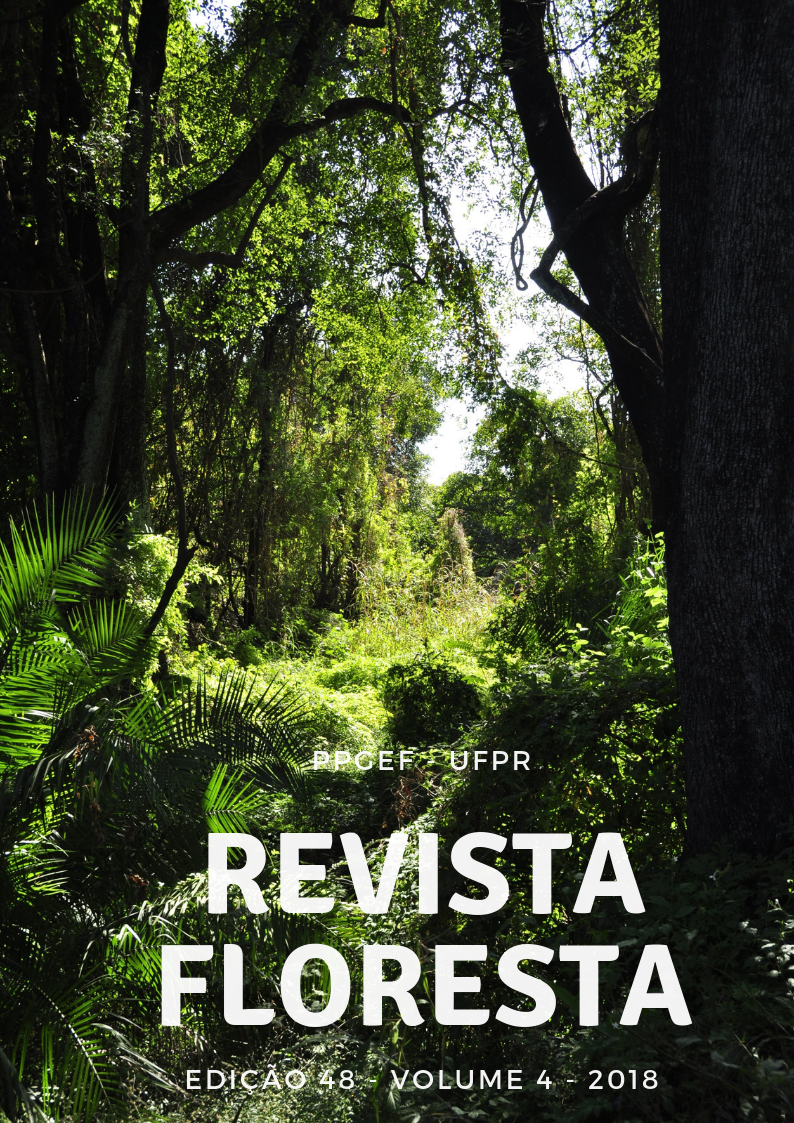POTENTIAL OF MACAUBA EPICARP (Acrocomia aculeata (Jacq.) Lodd. ex Martius) FOR BRIQUETTES PRODUCTION
DOI:
https://doi.org/10.5380/rf.v48i4.57397Palavras-chave:
Bioenergy, biomass, briquettingResumo
Briquetting is a form to aggregate value in the biomass production chain, to re-use sustainably waste and to provide high-quality solid biofuels, as well as to enable the development of the energy market. The aim of this study was to evaluate the potential of the production of briquettes from epicarp waste of macauba fruit and verify the influence of different temperatures and compaction pressures on the chemical, physical, and mechanical characteristics of the briquettes. The epicarp was reduced to particles and, then classified, dried, and characterized for their physical and chemical properties. The briquettes were produced by using compression pressures of 62, 83, and 103 bar and temperatures of 90 and 120 °C. The effect of these factors upon the variables studied was verified through regression analysis. The increase of pressure and temperature contributed to greater mass loss of the briquettes. Apparent density and energy density increased due to temperature rise. High values of energy density were obtained, which demonstrates the potential of the macauba fruit epicarp to produce briquettes for generation of thermal energy
Downloads
Publicado
Como Citar
Edição
Seção
Licença
Direitos Autorais para artigos publicados nesta revista são do autor, com direitos de primeira publicação para a revista. Em virtude da aparecerem nesta revista de acesso público, os artigos são de uso gratuito, com atribuições próprias, em aplicações educacionais e não-comerciais.A revista, seguindo a recomendações do movimento Acesso Aberto, proporciona acesso publico a todo o seu conteudo, seguindo o principio de que tornar gratuito o acesso a pesquisas gera um maior intrcambio global de conhecimento.
Conteúdos do periódico licenciados sob uma CC BY-NC-SA 4.0



